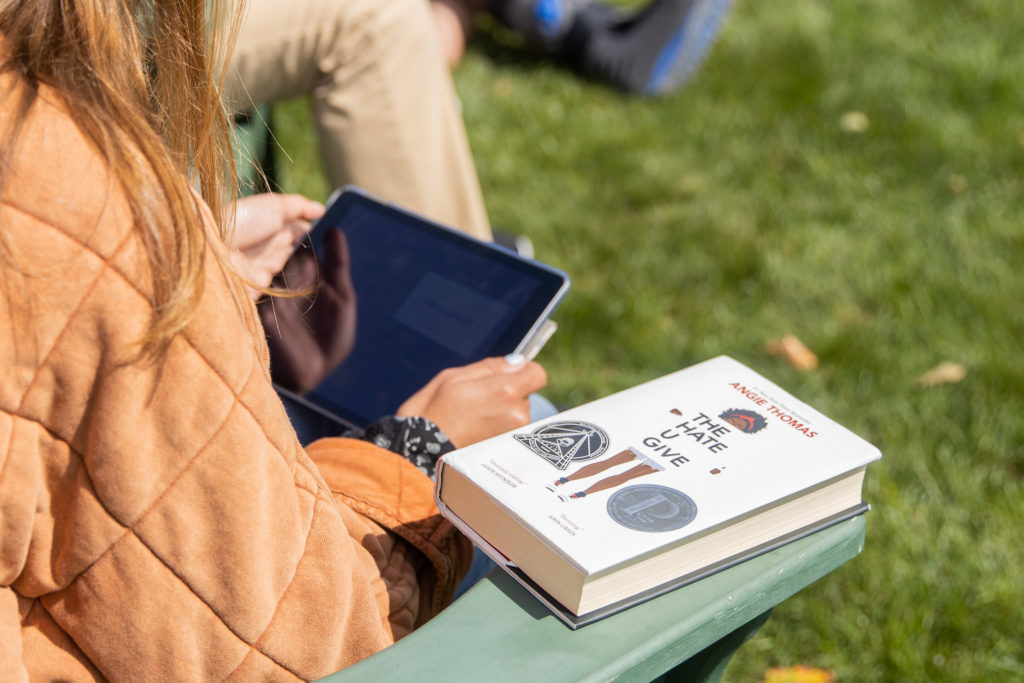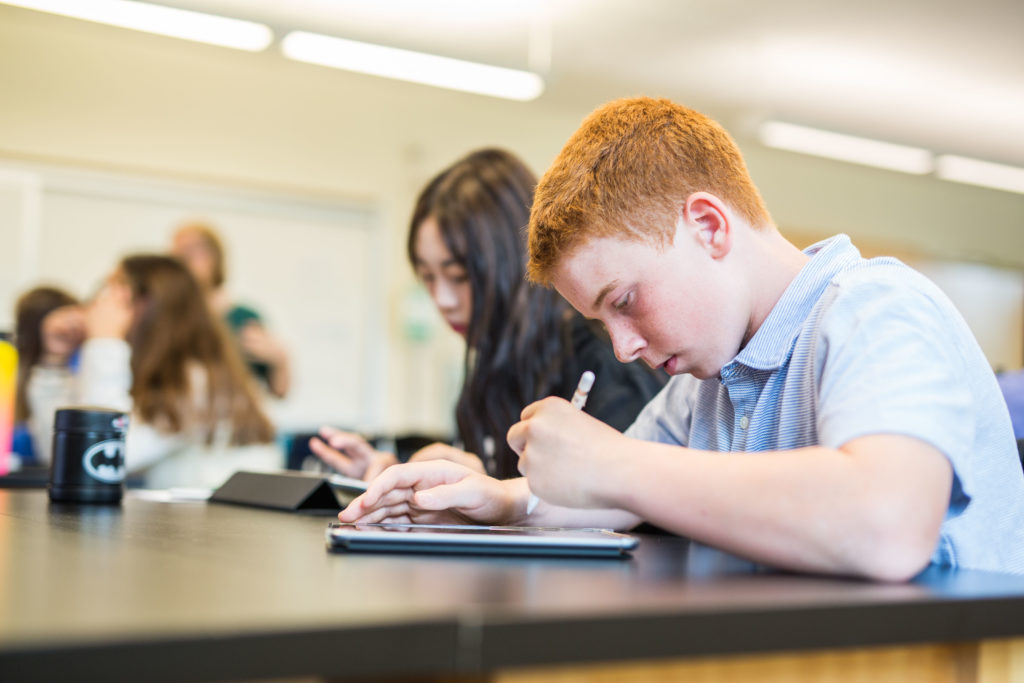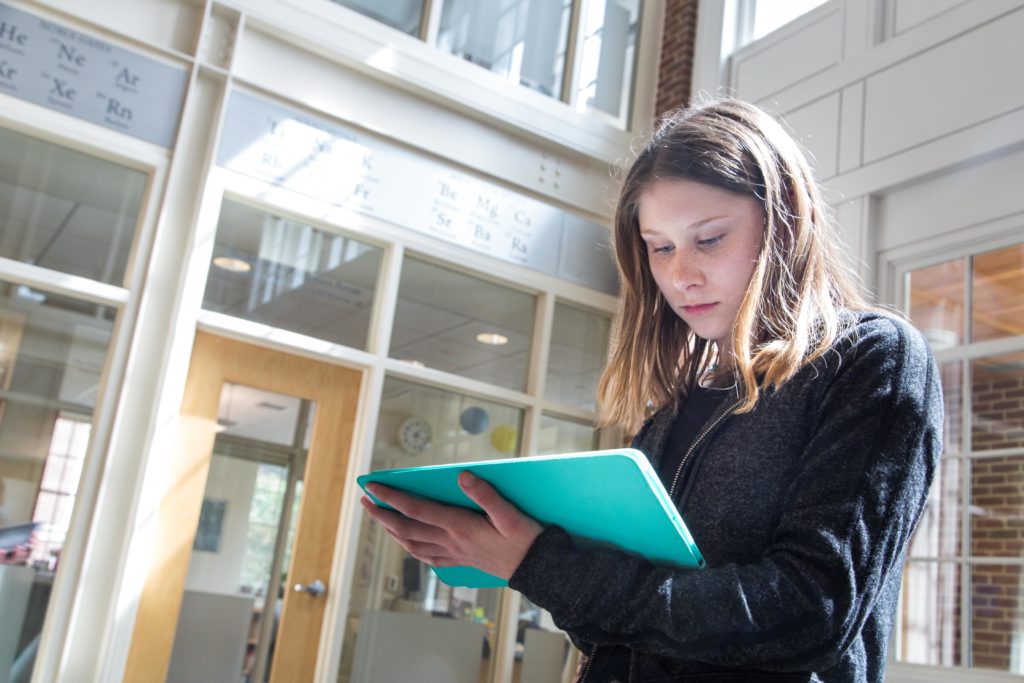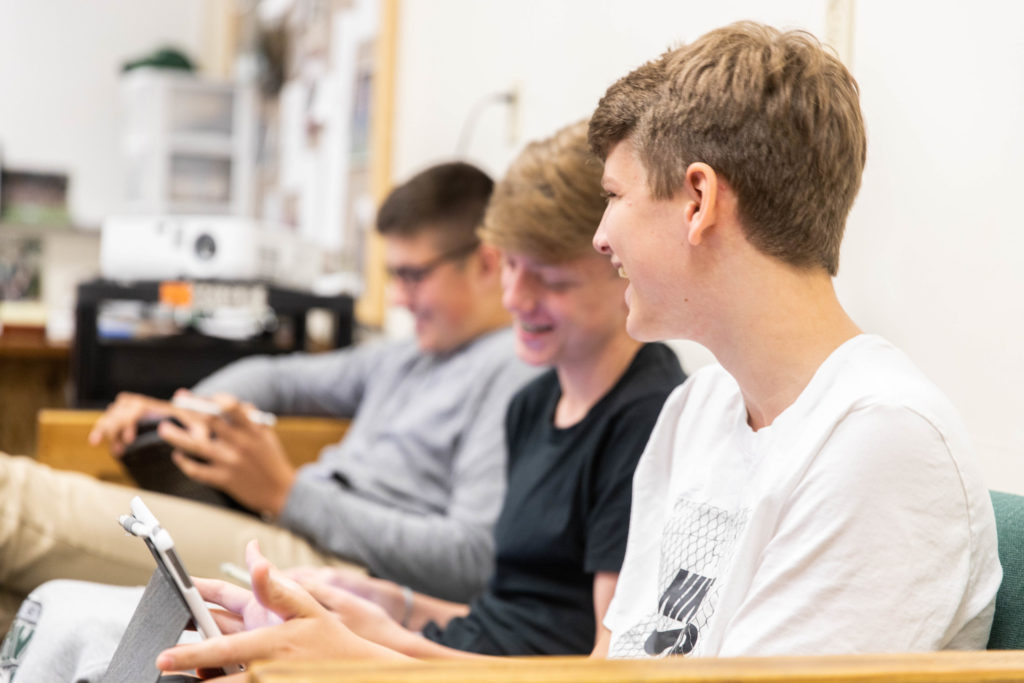With the beginning of each new year comes a blank slate. A chance to clean up bad habits and reinvest ourselves in what matters most to our goals for the year ahead. The Academic Support Program (ASP) helps students increase their productivity and become more effective learners while providing academic strategies to assist in these goals. We asked our ASP Instructors for 10 tips they provide students who are looking to improve their study habits or get a fresh start.
1. Use Active Reading Skills
When reading a book for class it is important to not only understand the basic plot of the book, but to think critically about how this book fits into the overall curriculum of the class. ASP teaches students to follow 5 steps: First—pre-read by reviewing chapter headers to establish the overall outline of the book. Second—set a purpose for your reading and approach the book through that lens as you read. Third—annotate in the margins as you read and capture relevant notes. Fourth—ask questions about the text as you are reading, “What are this character’s motives?”, etc. Fifth—predict what will happen next and draw a hypothesis, then read on to see if you were correct.

2. Learn Key Vocabulary
As you read or study, identify key vocabulary words that you are unfamiliar with and learn them. Use memory tricks, recite out loud and draw pictures that will help you learn the definitions. Then try to work them into an everyday conversation!
3. Establish an Organizational System
There is no one-size-fits-all solution here. The key is to find a system that works for you and that you can maintain consistently. You should organize materials and assignments in a way that makes sense to you and your course load. After all, an elaborate organizational system is useless if you aren’t using the same process consistently.

4. Review Previous Test and Quizzes
When studying for exams, review old tests and quizzes. This will give you a sense of the material that your teacher prioritizes which topics will likely be covered on the exam. This will also help you to be better prepared for the types of questions your teacher favors, multiple-choice, short answer, true or false, etc.
5. Brainstorm, Outline, and Revise
When preparing for a written essay, remember these three steps: First—brainstorm your ideas and get them all down on paper. Second—outline the content buckets and flow of your essay. Third—revise your content as many times as it takes!
6. Talk Aloud
When faced with a problem-solving dilemma, speaking aloud can actually help you work through the steps and remember. You can then recite complicated math equations step-by-step to memorize the process. It is also helpful to keep a notebook with all the steps written out to use as a reference.

7. Utilize Office Hours
Office hours will continue to be an important resource as you move on to college so it is important to learn how to make the most of the time now! Use this time with teachers to go over subject matter that is challenging to you. If possible, begin an assignment or start studying prior to office hours so you can have all of your questions prepared.
8. Answer Easy Questions First
When taking a test or exam, go through and answer all of the easy questions first. This will ensure that you do not risk brain fatigue or run out of time before getting to the end of the exam. Sometimes, you can even use one question to help you answer another. As you are moving through your test, consider flipping the test over to brain dump any information in your head so that you don’t feel the need to carry that information with you, but it is available if you need it. Once you have tackled all of the questions you know, start in on the ones that will take a bit more time.
9. Re-read and Underline Action Words
Another important test-taking tip is to read the instructions carefully and underline the action the teacher is asking you to take. There is a big difference between “Select the best answer” and “Select all that apply” so make sure you are answering the question in the correct format. As always, leave time at the end to review your work.
10. Know Yourself
Identifying your strengths and weaknesses as a learner is one of the most important things you can do for your education. Once you have established this level of self-awareness, you will be able to seek support in the areas you need it most.





